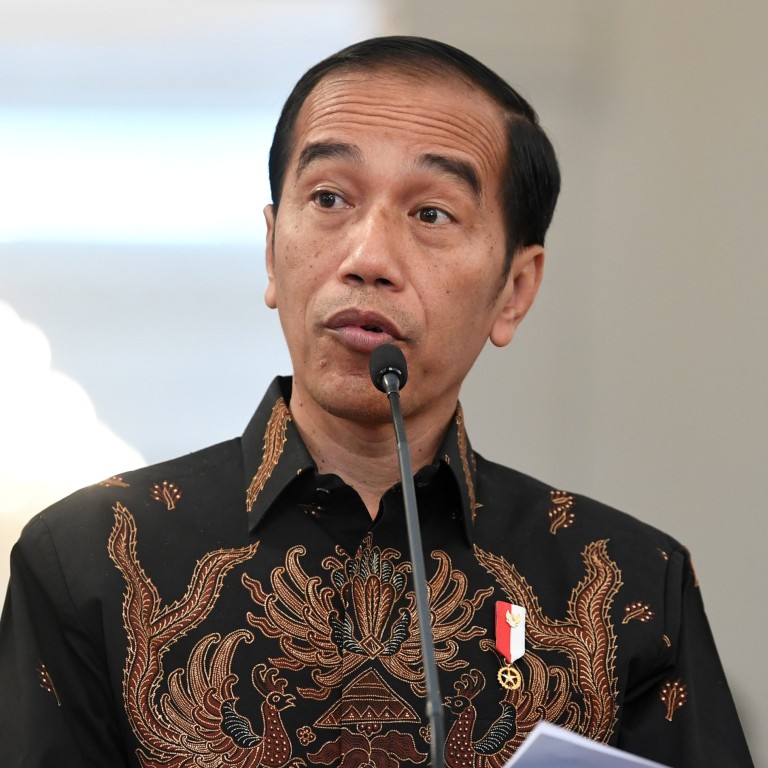
Indonesia election: Joko Widodo’s latest challenge may come from people refusing to vote
- Supporters are abandoning the president amid signs his stance on human rights violations is weakening.
- But with his opponent Prabowo Subianto among those accused of abuses, some believe the best way of voting may be not to vote at all
On April 17, 2019, Indonesians will go to the polls and choose their next president, or maybe not, if they choose to Golput.– the act of casting a blank vote, or abstaining from voting. This usually serves as a sign from the electorate that the candidates do not deserve their votes.
Statements on social media supporting a Golput stance escalated after the first televised presidential debate on the issues of human rights, corruption and terrorism. It reflected the disappointment of a segment of the political public with Joko Widodo, the incumbent who won the election five years ago.
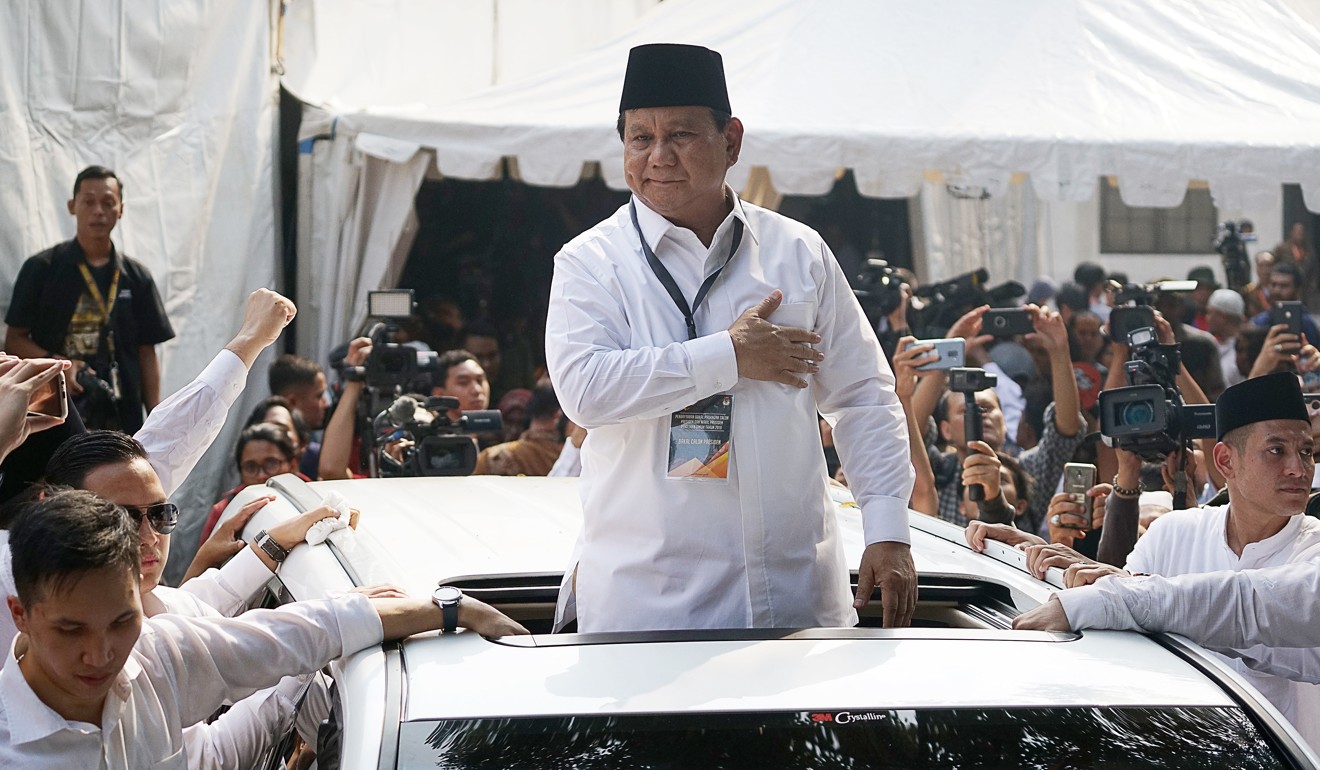
While this segment of the political public had no expectations of Widodo’s opponent, Prabowo Subianto, a former general who has been accused of human rights violations, as a defender of human rights, they still hoped Widodo would take a strong stand on resolving past human rights abuses – some of them perpetrated under the rule of former dictator Suharto – and intervene to stop current and future abuses.
In a twist of faith, Indonesia’s Prabowo plays to Muslim voters
Instead, Widodo’s statements on the matter were equivocal. While making the same promise he made in 2014 that past human rights violations would be “settled” in the future, he qualified his words with the statement: “It is not easy to settle these issues, because of the legal complexities, issues of evidence and because too much time has passed.”
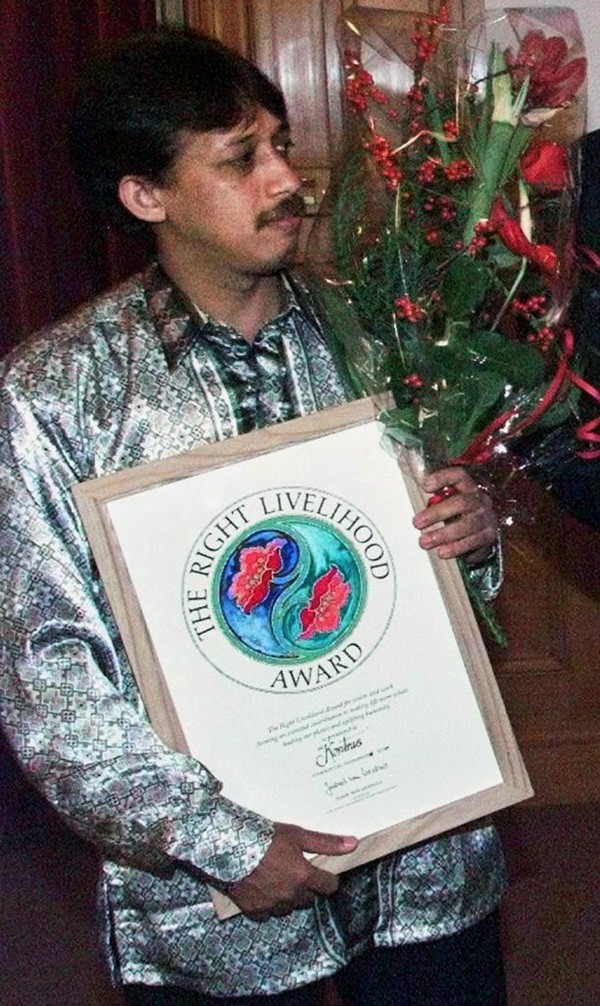
This gave the impression that a second Widodo term might not see the resolution of these human rights issues. In fact, during the debate, neither side discussed long-standing cases such as the murder of leading human rights activist, Munir Said Thalib, or the disappearance of pro-democracy activists between 1997 and 1998 (a tumultuous period in Indonesian history during which incidents of mass violence and civil unrest eventually put an end to Suharto’s reign).
Recent cases related to worsening religious intolerance, such as the arrest, trial and jailing of an ethnic Chinese woman for “blasphemy” because she complained about the loudness of the mosque’s call to prayer, were also unaddressed.
Pro-Golput statements in social media rose a few days after the debate, when government officials declared that convicted terrorist Abu Bakar Basyir would be unconditionally released because of frailty. Although after widespread public outcry, the government will now set some conditions to this release, the liberal segment supporting Widodo is becoming increasingly divided.
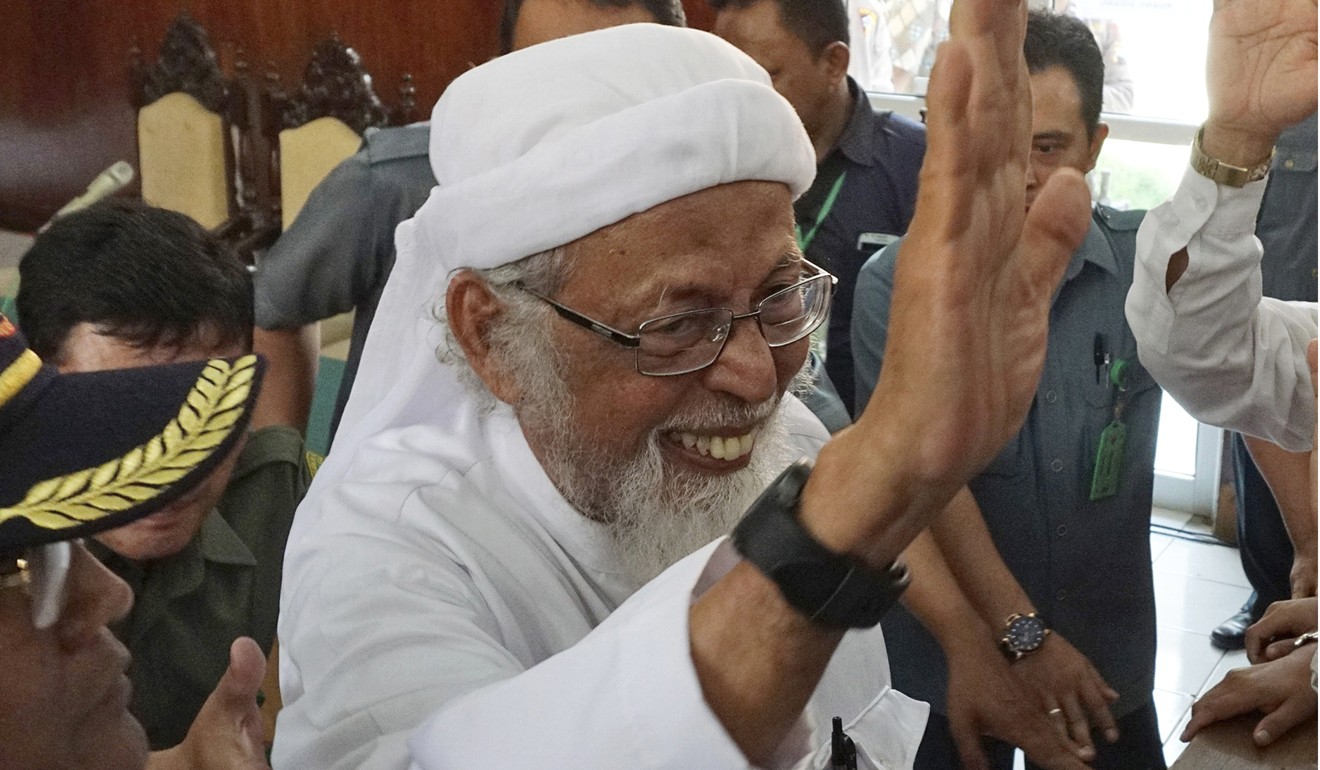
The pro-Golput statements have included a press conference by a group known as Saya Milenial Golput (I am a Golput Milenial), by parents of activists who disappeared in 1997-98 and a slew of comments circulating on social media.
Facebook targets fake news ahead of Asia’s election season
Staunch Widodo supporters have accused the pro-Golput camp as being in the employ of pro-Subianto forces, of being cowardly, and of being “abstainers”, among a myriad of other epithets. There has also been talk that to advocate abstention is a criminal offence. This is what prompted the LBH press conference, which was supported by the respected human rights group, Kontras, and other legal aid organisations.
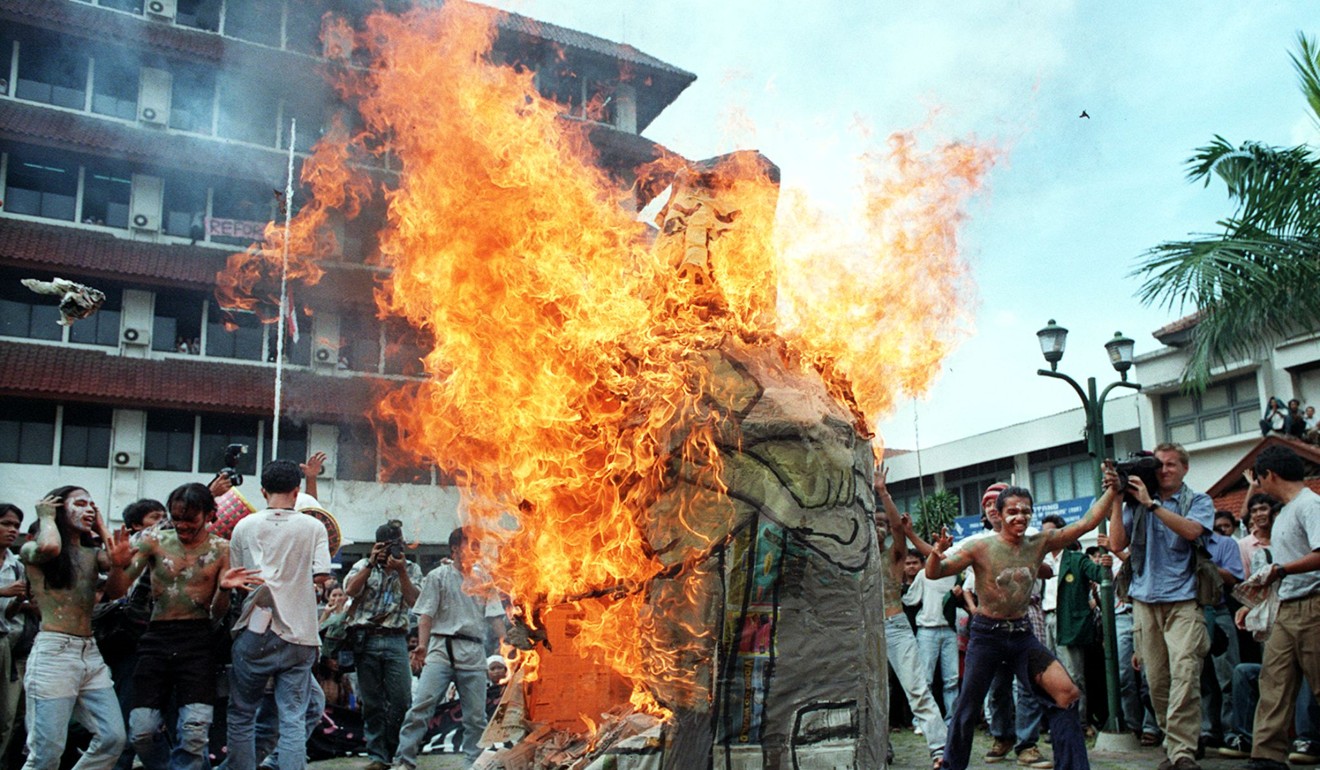
It seems that a segment of Widodo’s supporters has begun to waver, and because they cannot see Subianto as a plausible alternative, Golput then becomes a way of expressing their disillusion. This educated urban milieu, including many political activists, NGO leaders, academics and intellectuals, had actively campaigned for Widodo when he first ran for president in 2014.
Their high-profile presence helped to sculpt his image as a liberal, principled, and non-party figure who was not tainted by the transactional politics that the political establishment was notorious for.
Duterte, Modi, Widodo. Re-elected or not, their populism will live on
However, is Widodo’s image as a principled, non-party politician still as important to him now as it was in 2014? Unlike in 2014, he now has the support of the majority of parties in parliament, including parties that had opposed him in 2014, such as Golkar and the United Development Party.
He can also count on the support of non-party figures that had formerly opposed him, such as Mahfud MD, former chief justice of the Constitutional Court, and many others. Moreover, with support from a liberal party like the Indonesian Solidarity Party, various prominent university alumni groupings and individual campaigners in social media, it is possible that the full support of the urban educated reformist milieu is no longer necessary.
For the time being, the opinion polls seem to support this conclusion, as Widodo tends to command more than 50 per cent support in most surveys, while Subianto trails at just over 30 per cent. Yet, Indonesian politics is highly unpredictable, and Widodo himself had defied the predictions of opinion polls when he won the Jakarta gubernatorial election in 2012.
The question is whether the Golput sentiment will spread to other sections of the population, as the campaign and presidential debates move beyond human rights issues and approach matters of social and economic conditions. Widodo will have to promote an agenda and image that are significantly different from his opponent.
Otherwise, more may jump onto the Golput bandwagon and this is likely to erode his support base.
Max Lane is a visiting senior fellow at the ISEAS-Yusof Ishak Institute in Singapore; Hui Yew-Foong is an Associate Professor at Hong Kong Shue Yan University


